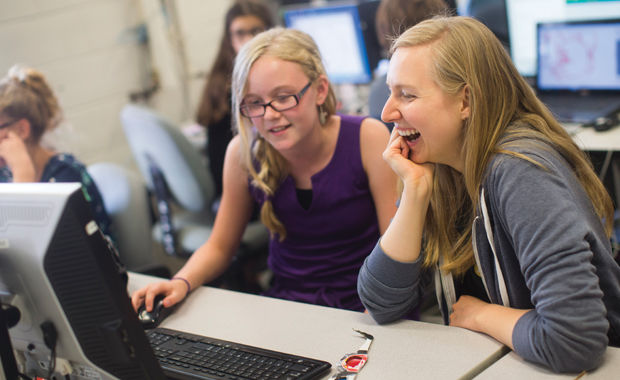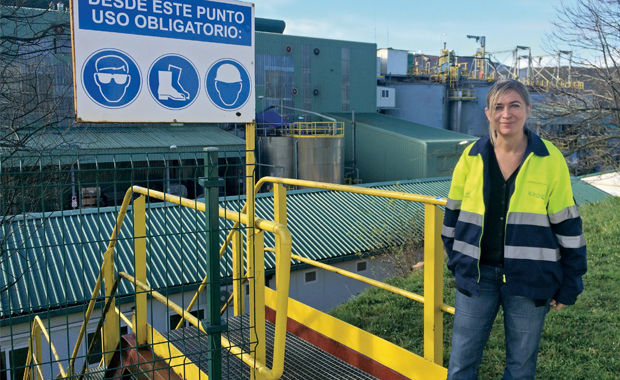Telemedicine: An Emerging Career With An Exciting Future
Career Opportunities Though certainly not without flaws, most Canadians would agree that our health care system is one of the best in the world.
t is a vital part of our economy, providing a large number of jobs for the populace. While an aging population and access to medical care is a growing concern, these issues have also led to the creation of innovative technical resources and exciting careers in newly emerging fields of health care.
Eliminating barriers
One such career is in the cutting-edge field of telemedicine. “Telemedicine uses telecommunications and advanced IT technologies to provide clinical healthcare to patients at a distance,” explains Peter Gacuk, Program Manager, Engineering Sciences and Technology, Faculty of Continuing and Professional Studies at Sheridan College. “Telemedicine Facilitation is a role that will eliminate distance barriers between patients and doctors.” Telemedicine is not to be confused with eHealth and Telehealth, which involves discussing medical concerns over the phone with nurses. Telemedicine creates more of a direct link between patients and doctors thanks to video presentations and telemedicine facilitators.
These facilitators gather health information using directives and charts, cameras, and specialized technology like tele-stethoscopes that actually allow a remote doctor to hear a patient’s breathing pattern and heart beat. They then do remote case presentations to an on-screen doctor who performs the diagnoses. “These facilitators will help ease doctor-patient communication and interaction. These people will play a new and vital role in health care.”
How telemedicine is changing the game
Telemedicine, which Gacuk says is a rapidly growing field, will not only be a boon to remote communities but also to rural and even urban areas where access to a primary care doctor can be difficult. Telemedicine could also play a significant role in shortening the wait time to see a specialist as some consultations could be done via video.
Telemedicine Facilitator programs are currently available as a series of continuing education courses, offering students more flexibility to fit studies into their busy schedules.
“These telemedicine facilitators will be trailblazers and pioneers establishing their role on the health care services team,” says Gacuk.





.jpg)
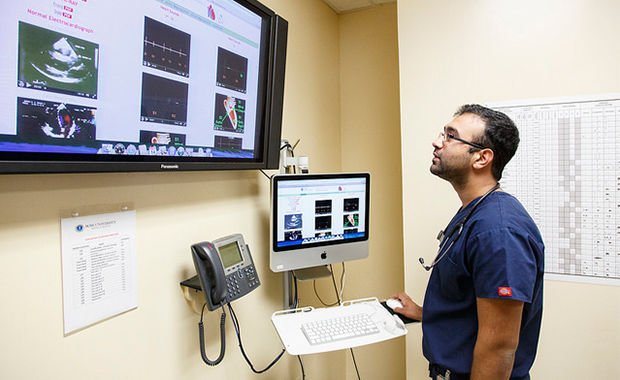



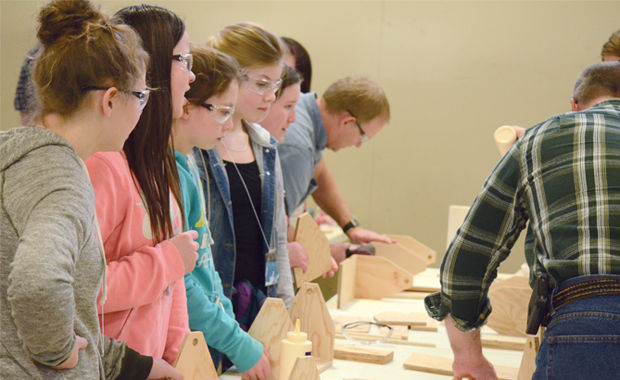





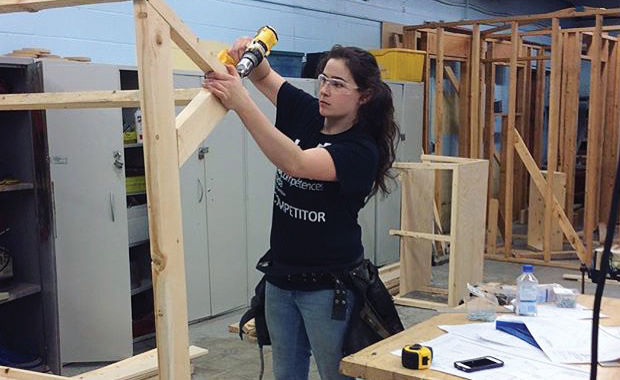





.jpg)
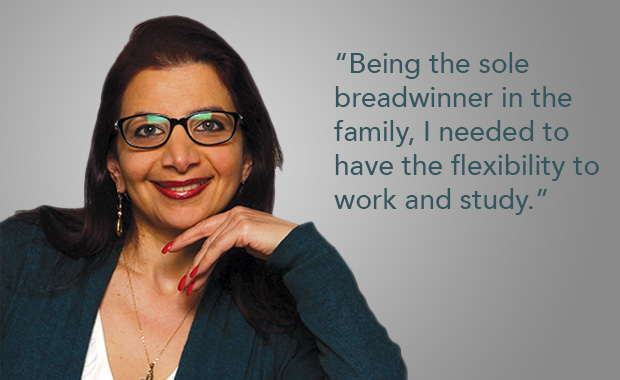
.jpg)


